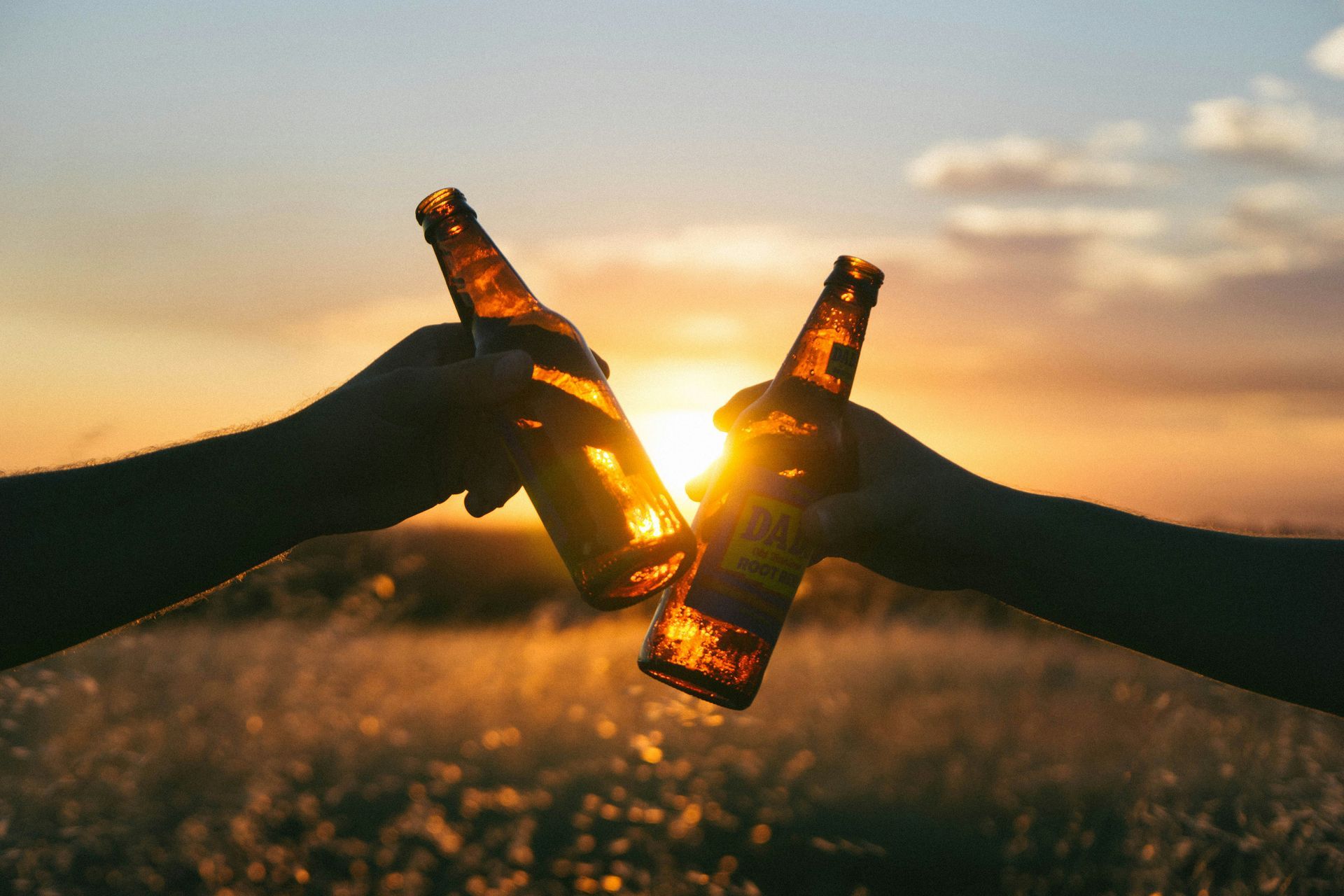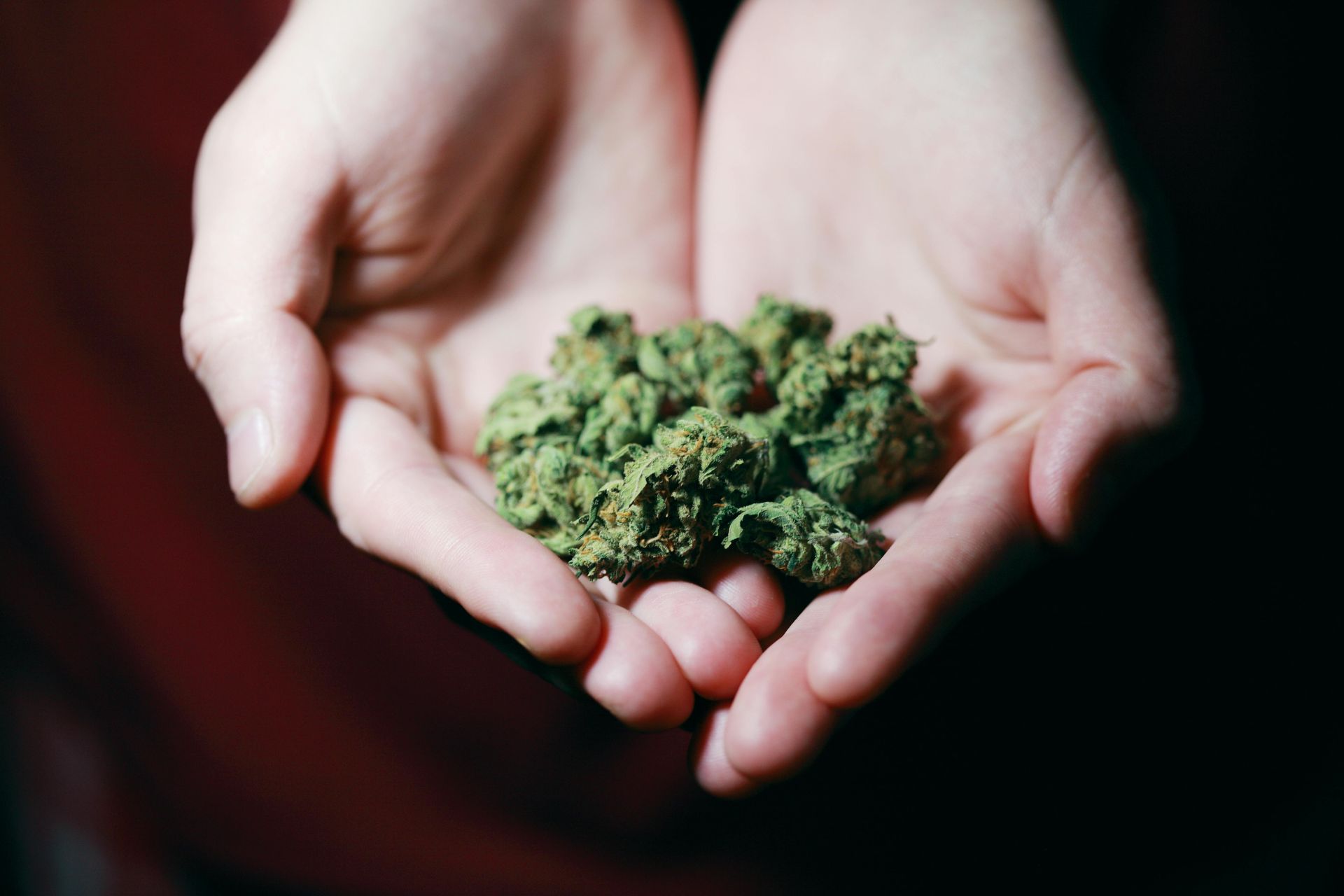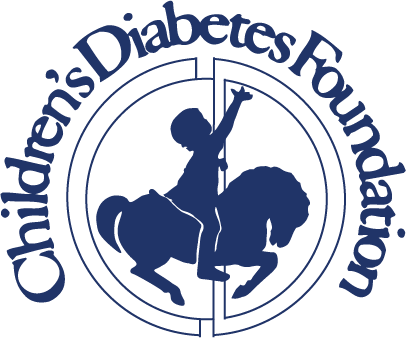Substance Use
T1D patients need to take extra care when using controlled substances
Alcohol Use:
Managing alcohol consumption with type 1 diabetes requires careful consideration to avoid complications with low and high blood glucose.
Here are some tips on how to navigate alcohol consumption safely:
Understand the Impact of Alcohol
• Blood Glucose Effects: Alcohol can affect blood glucose levels in different ways. Initially, it might cause an increase in blood sugar, but as alcohol is metabolized, it can lead to a drop in blood glucose levels.
• Different types of alcohol affect each person and their blood glucose differently.
• Delayed Hypoglycemia: Alcohol can cause hypoglycemia several hours after consumption, especially if consumed without food. This delayed effect can be dangerous, particularly overnight.
Monitor Blood Glucose Levels
• Check Regularly: Check your blood glucose levels more frequently when you consume alcohol, especially before bed. This helps detect and prevent hypoglycemia. Alcohol can mask our ability to recognize lows and highs.
• Use Continuous Glucose Monitors (CGMs): If you use a CGM, it can alert you to changes in glucose levels, but you should still perform fingerstick checks to confirm the readings.
Plan Your Drinking
• Eat Before Drinking: Consuming alcohol with food helps mitigate its impact on blood glucose levels and reduces the risk of hypoglycemia.
• Choose Low-Sugar Options: Opt for alcoholic beverages with lower sugar content. Dry wines and light beers usually have fewer carbohydrates than sugary cocktails or liqueurs.
Adjust Insulin Doses
• Monitor Carbohydrate Intake: Consider the carbohydrates in your drink when adjusting insulin doses. For example, a sweet cocktail might require an adjustment in your bolus insulin.
• Be cautious with insulin dosing when drinking, as alcohol can unpredictably affect blood glucose levels. It’s often safer to manage insulin around the drinking, not during.
Recognize and Manage Hypoglycemia
• Carry Glucose Tablets: Always have a source of quick carbohydrates, like glucose tablets or gel, to treat hypoglycemia. Avoid sugary foods that may not quickly raise blood glucose levels.
Communicate with Others
• Inform Friends: Let your friends or those around you know that you have type 1 diabetes and might be at risk for hypoglycemia. This ensures they can help if needed.
• Wear Medical Identification: Consider wearing a medical ID bracelet that identifies you as having diabetes. This can be helpful in emergencies.
Understand Alcohol’s Effects on Your Body
• Know Your Limits: Understand how your body reacts to alcohol and how it interacts with your diabetes management. Individual responses to alcohol can vary.
• Avoid Binge Drinking: Drinking large amounts of alcohol in a short period increases the risk of severe hypoglycemia and other health issues.
Be Prepared for Complications
• Have a Plan: Have a plan in place for managing any complications that might arise from alcohol consumption. This includes knowing when to seek medical help if you experience severe symptoms and having friends and family check on you when consuming alcohol.
Seek Professional Advice
• Consult Your Healthcare Team: Discuss alcohol consumption with your healthcare provider. They can provide personalized advice based on your overall health, diabetes management, and lifestyle.
By taking these precautions and staying vigilant, you can enjoy alcohol responsibly while managing type 1 diabetes effectively.
Marijuana and CBD Use:
Cannabis, also known as marijuana and has a number of different components - most notably THC and CBD. Using cannabis with type 1 diabetes is a topic that has gained attention in recent years as more research emerges.
Here are some tips on what you should consider when using marijuana:
Potential Effects on Blood Glucose Levels
• Short-Term Effects: Marijuana can impact blood glucose levels in different ways. Some users report an increase in appetite, which could lead to higher food intake and subsequently higher blood glucose levels. Others might experience changes in blood glucose due to altered metabolism or appetite suppression.
• Long-Term Effects: The long-term effects of marijuana on diabetes management are still not fully understood. Chronic use might influence insulin sensitivity and overall glucose control, but more research is needed to establish clear patterns.
Appetite and Eating Patterns
• Increased Appetite: Marijuana is known to increase appetite, often referred to as “the munchies.” This can lead to overeating, especially of high-carbohydrate or sugary foods, which can affect blood glucose control.
• Food Choices: Being mindful of your food choices when using marijuana is crucial. Opt for healthy snacks and monitor your blood glucose levels to manage any spikes.
Blood Glucose Monitoring
• Monitor Closely: If you choose to use marijuana, monitor your blood glucose levels more frequently. This helps you understand how it affects your blood sugar and allows you to make timely adjustments to your insulin or other diabetes management strategies.
• Adjust Insulin: Depending on how marijuana affects your blood glucose levels, you may need to adjust your insulin dosage or timing. Work with your healthcare provider to find the right balance.
Interaction with Medications
• Consult Your Healthcare Provider: Marijuana can interact with various medications. If you’re taking insulin or other diabetes-related medications, discuss with your healthcare provider to understand any potential interactions or adjustments that may be needed.
Legal and Safety Considerations
• Legal Status: The legality of marijuana varies by region. Ensure you are aware of and comply with local laws regarding its use.
• Safety: Avoid driving or operating heavy machinery while under the influence of marijuana. Impaired cognitive and motor functions can pose risks to safety.
Mental and Physical Health
• Mental Health: It’s important to consider how marijuana affects your mental health and overall well-being, especially during times of stress or anxiety.
• Physical Effects: Be mindful of any physical effects marijuana might have on your body, including its potential impact on cardiovascular health and metabolism.
Potential Benefits and Risks
• Possible Benefits: Some studies suggest that marijuana may have potential benefits for managing pain, nausea, or inflammation, which could be relevant for individuals with diabetes-related complications. However, these benefits should be weighed against the potential risks.
• Risks: Potential risks include impaired glucose control, increased appetite leading to weight gain, and interactions with medications. The overall impact on diabetes management is still under research.
Personalized Approach
• Individual Response: Everyone reacts differently to marijuana. If you choose to use it, monitor how it affects you personally and adjust your diabetes management accordingly.
• Work with Healthcare Providers: Collaborate with your healthcare team to create a tailored approach to managing your diabetes in the context of marijuana use. They can provide guidance based on your specific health needs and circumstances.
Substance Use Disorders/Substance Abuse:
Substance abuse refers to the harmful or hazardous use of substances, including alcohol and drugs-both legal and illicit. It is characterized by a compulsive pattern of consumption that leads to significant negative consequences for an individual’s health, relationships, and daily functioning. Here are some national and Colorado resources for substance use disorders:
- SAMHSA’s National Helpline: AMHSA’s National Helpline is a free, confidential, 24/7, 365-day-a-year treatment referral and information service (in English and Spanish) for individuals and families facing mental and/or substance use disorders. 1-800-662-HELP (4357)
- National Drug Helpline: 1-844-289-0879
- Suicide and Crisis Lifeline: Dial 988
- Colorado Crisis Services: 844-493-8255 or text “TALK” to 38255
- 2-11 Colorado: Colorado residents can dial 211 to be connected to a live specialist offering help and resources free and anonymously.
Disclaimer: The legal drinking age in the United States is 21 years old. The legal age for marijuana use varies by state but is typically 21 where it is legal. Underage drinking and marijuana use are illegal and can have serious health, legal, and personal consequences. Always follow the laws and consult with a healthcare professional regarding any substance use, especially in the context of managing type 1 diabetes.



